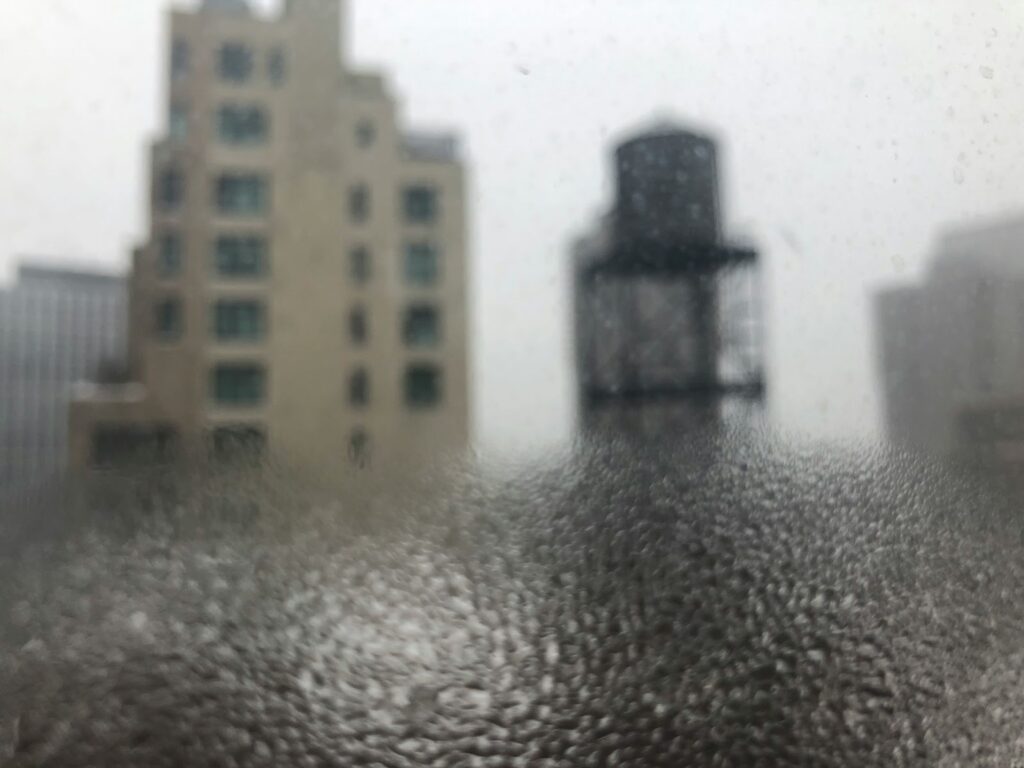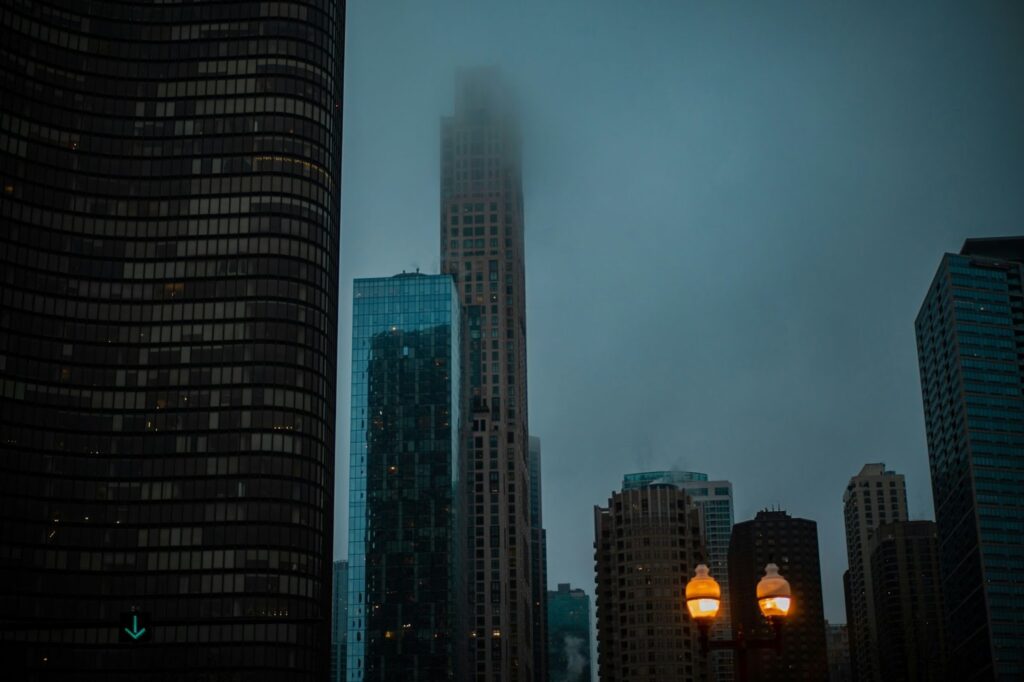Preparing Chicago for Urban Flooding, Lightning, and High-Rise Safety
Chicago’s storm season brings challenges like urban flooding, lightning strikes, and high-rise emergencies. Proper preparation is essential to protect lives and property. At CWF Restoration, we specialize in helping Chicagoans prepare for and recover from severe weather events.

Urban Flooding: A Growing Concern
Heavy rainfall can overwhelm Chicago’s combined sewer system, leading to urban flooding.
To mitigate urban flooding risks:
- Avoid Water Use During Storms: Refrain from using dishwashers, washing machines, or showers during heavy rain to reduce strain on the sewer system.
- Prepare an Emergency Kit: Include essentials like bottled water, non-perishable food, flashlights, and important documents stored in waterproof containers.
- Stay Informed: Monitor local weather updates and heed flood warnings.
If flooding occurs, our water damage restoration services are available 24/7 to assist with cleanup and repairs.
Lightning Protection: Safeguarding Your Property
Lightning poses significant risks during storms. To protect your home or business:
- Install Lightning Protection Systems: Ensure your building has a certified lightning protection system to direct strikes safely to the ground.
- Avoid Electrical Equipment: During storms, stay away from wired electronics and plumbing fixtures.
- Stay Indoors: Remain inside until 30 minutes after the last thunderclap.
For assistance with storm damage, our storm damage restoration services are ready to help.

High-Rise Emergency Preparedness
Residents and managers of high-rise buildings should:
- Develop an Emergency Plan: Include evacuation routes, designated safety officers, and communication protocols.
- Conduct Regular Drills: Practice evacuations and emergency procedures periodically.
- Maintain Emergency Equipment: Ensure fire alarms, sprinklers, and backup lighting are functional.
Our restoration and rebuild services can assist with repairs following storm-related incidents.
City Emergency Resources
Chicago offers several resources during storm season:
- 311 Service: For non-emergency assistance and information.
- OEMC Alerts: Sign up for emergency alerts from the Office of Emergency Management and Communications.
- Warming and Cooling Centers: Access city-designated centers during extreme temperatures.
Stay connected with local authorities and follow their guidance during emergencies.
FAQs About Chicago Flooding Preparation
Partner with CWF Restoration for Storm Damage
Preparation is key to minimizing storm damage. At CWF Restoration, we offer comprehensive services to help you before, during, and after severe weather events. Contact us today to learn how we can assist in protecting your property.
